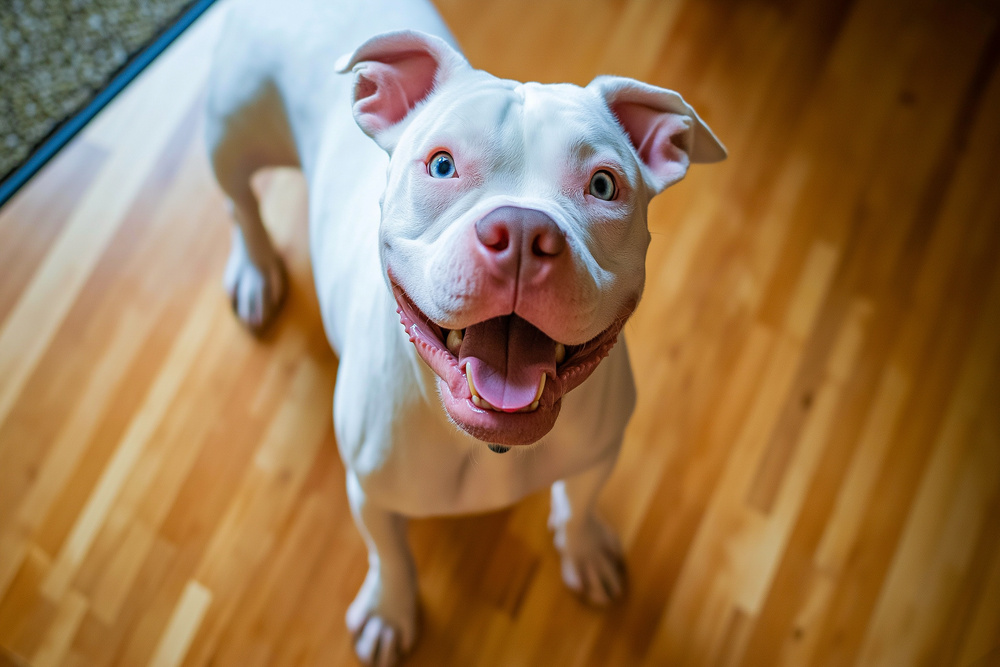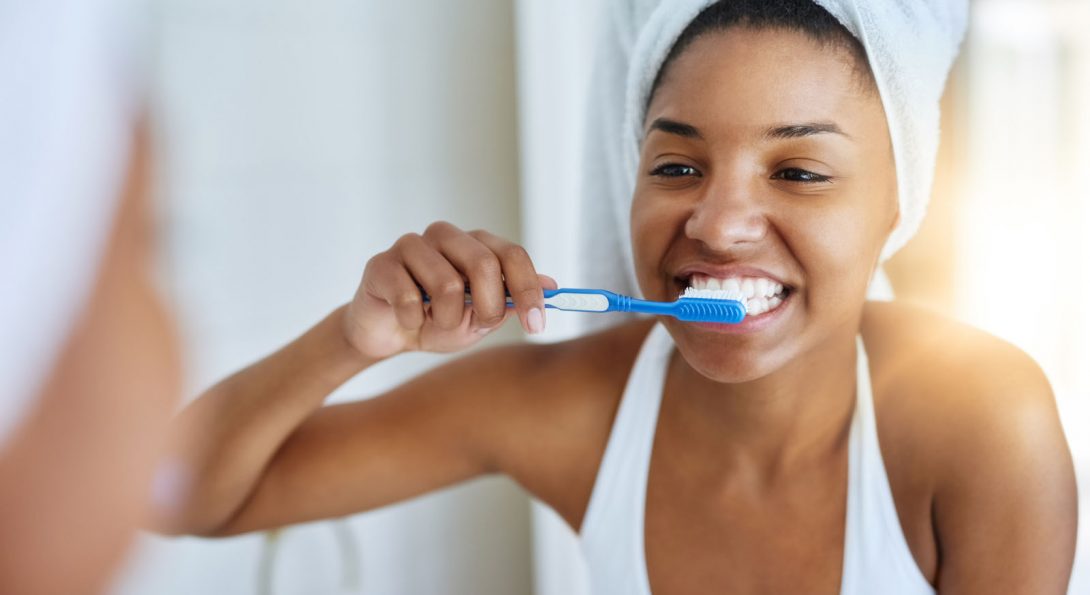Doggie Dental Care: How to Keep Breath Fresh and Healthy
Your dog’s breath could peel the paint off a passing car. Sound familiar? You’re not the only one in this situation. Many dog owners accept bad breath as a normal part of pet ownership. That’s false. Good oral health and fresh breath are linked. Moreover, both are attainable with proper care.
Why Dog Breath Gets So Awful
Dogs don’t naturally have morning breath. Something is causing that bad smell. Bacteria thrive in your dog’s mouth. This is especially so after meals. These pests produce a foul odor. The longer bacteria exist, the worse it gets. Plaque builds up on teeth, mirroring the process in human mouths. The adhesive film hardens into tartar, thus creating more spaces where smelly bacteria can thrive. Before long, your dog’s mouth turns into a major stink factory.
Daily Brushing Makes All the Difference
You are able to brush your dog’s teeth. And it doesn’t need to be a fight each time. Begin gradually by merely handling your dog’s mouth and gums. Allow them to acclimate to the feeling prior to presenting a toothbrush. Use toothpaste formulated for dogs as human toothpaste can harm their health.
Brush in small circles along the gum line. It’s not necessary to perfectly clean every tooth. Hitting the larger ones is helpful. Dogs can adapt to teeth brushing and may even like it. Patience and encouragement are key.
Dental Treats and Toys That Actually Help
Not every dental treat functions in the same manner. The top choices encourage your dog to chew and effortfully dismantle them. Toys made of hard rubber featuring ridges and bumps help remove plaque from teeth naturally. Rope toys function in a similar way. They serve as dental floss while dogs chew and tug at the strands. Make sure to replace rope toys when they deteriorate. Raw carrots and apples are good for teeth. The texture cleans teeth and provides vitamins. Avoid grapes, raisins, and artificial sweeteners.
When Stinky Breath Means Something Else
At times, the issue may not originate in your dog’s mouth whatsoever. According to the people at Nextrition, stinky breath in dogs may indicate problems with their digestive health. Bad gut health causes bad breath. Some foods can disrupt the equilibrium of beneficial bacteria in your dog’s digestive system. Stress, antibiotics, and diet changes can disrupt the balance. Unpleasant breath often follows this.
Professional Cleaning When Needed
At times, home care may not suffice, and that’s perfectly fine. Veterinary cleanings get rid of tartar. Professional cleanings require anesthesia for safety and efficacy. They can find problems you can’t see. The majority of dogs require expert cleanings every one to three years, based on their age, breed, and the upkeep of their teeth at home.
Signs of Serious Problems
Halitosis could be merely the onset of larger problems. Look out for inflamed, red gums, yellow or brown deposits on teeth, and trouble with eating. Mouth pain can cause dogs to scratch their faces. Others eat messily. Or they chew asymmetrically. These symptoms mean you should contact your veterinarian immediately. Oral health issue effects extend far beyond the mouth itself. If left unchecked, the bacteria could travel to different organs. This could cause serious health complications.
Conclusion
Keeping your dog’s breath fresh demands some work. Nonetheless, the reward is worth it. Your dog will feel better and be healthier. You’ll enjoy cuddling without holding your breath. Start with small steps, creating a suitable routine for everyone. Your dog’s mouth will appreciate it, and so will everyone who is close enough for kisses. Consistent care and attention to your dog’s overall health can truly lead to fresh breath.



Post Comment